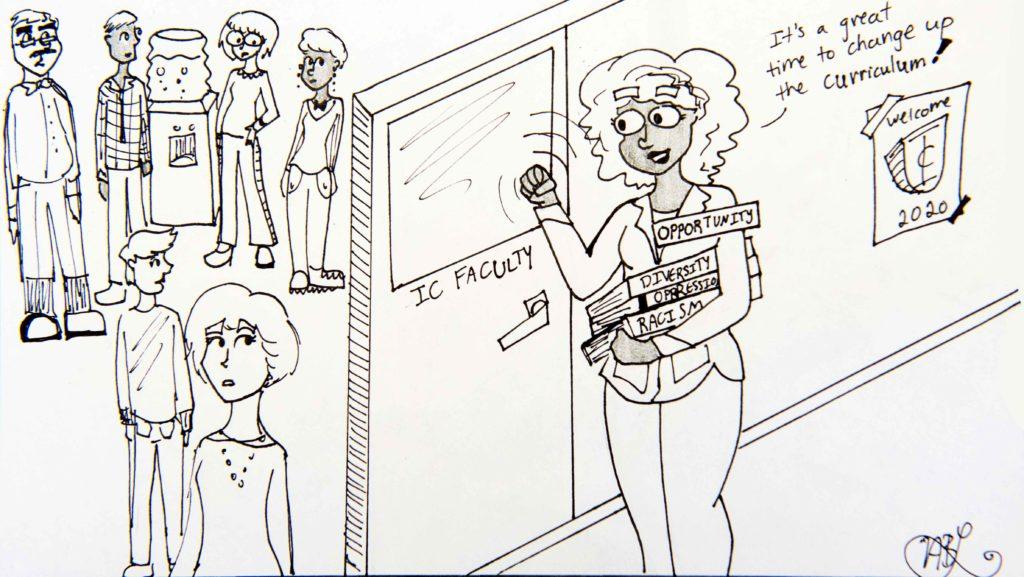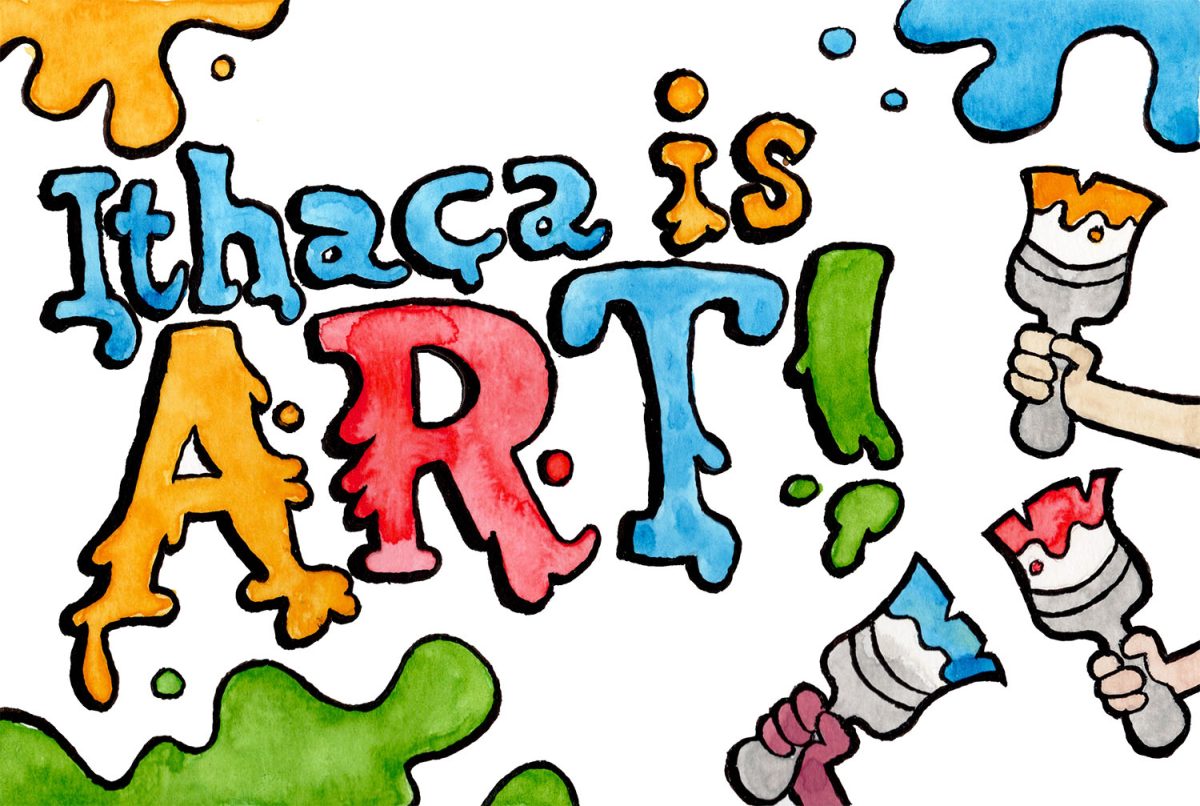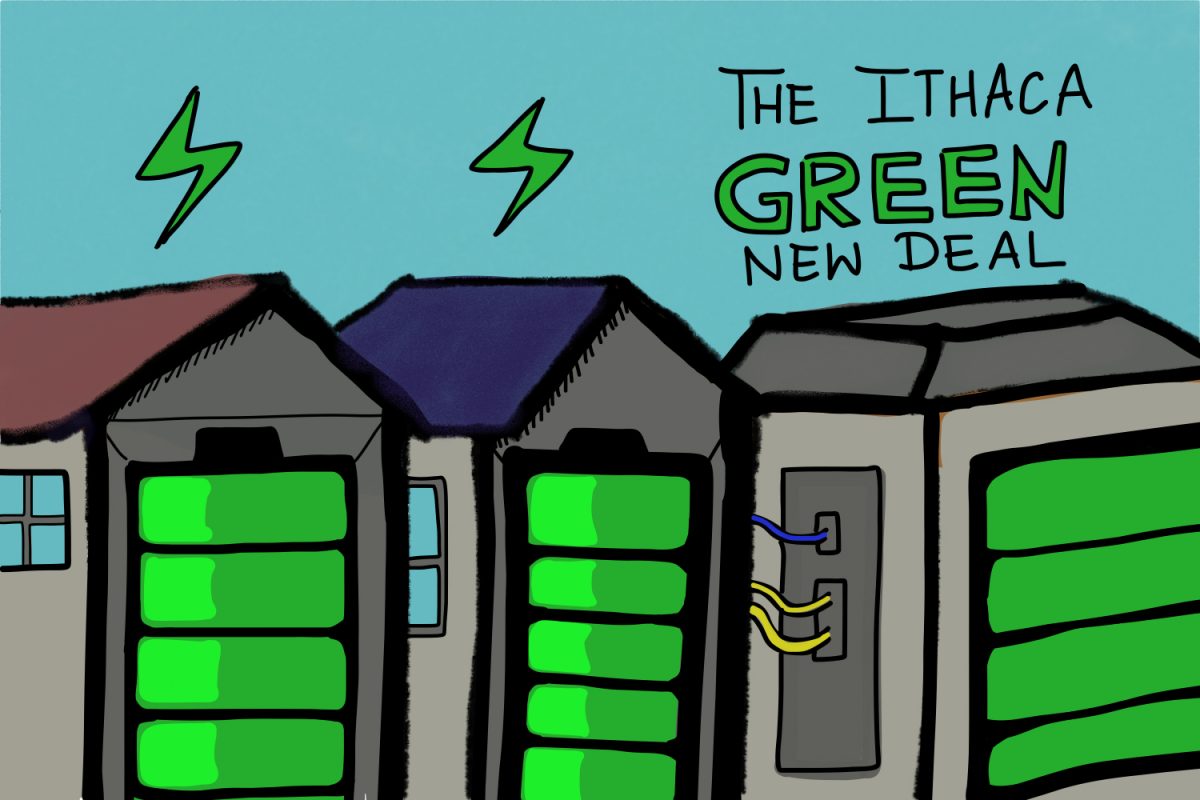In the course of four months, eight administrators have either resigned or stepped down from their positions, leaving gaping holes in the fabric of Ithaca College’s leadership structure.
Now, the college community is left to shoulder the consequences of a lame-duck president and a constantly changing leadership. Without a strong leadership structure to contribute to rebuilding the college, issues that were brought to the table last year on race and diversity will only persist.
Yet this academic year does not have to be one of inaction and waiting around for a new president to be chosen. Change can still occur by way of education at the hands of this college’s educators.
The topics of diversity, inclusion and oppression became topics that took center stage last semester, but they remain areas of discussion many students still do not know much about. And if students are to become the well-rounded critical thinkers this college wants them to be, it is professors who have the most influence and responsibility to teach them.
It is no longer enough for a small handful of professors — such as those in the Center for the Study of Culture, Race and Ethnicity and professors of color — to be the only ones teaching students about social change and injustice in the classroom. Having this pattern continue only reaches a small handful of the student body and generally does not even begin to reach the population of students who are largely silent and complacent about oppression and consequently choose not to take these kinds of classes. And while many students at this college are not directly impacted by certain kinds of oppression, it does not mean they are exempt from learning about them.
Discussions about identity and discrimination are not topics that are restricted to ethnic studies classes, politics or the humanities — these are issues that impact every career and every area of academia, from business and communications to health care and science.
Professors of every discipline should become more proactive in facilitating discussions of diversity and inclusion in the classroom. It’s not enough for a handful of students and faculty to be educated and vocal about these issues. The college does not exist in a vacuum, and last year’s events only reflected that the national conversation on race and oppression has largely been swept under the rug from this college environment. What occurred last year should not simply be forgotten and brushed out of this college’s collective memory, but those events should be a catalyst in educating students about the systems of oppression that impact their personal experiences.













